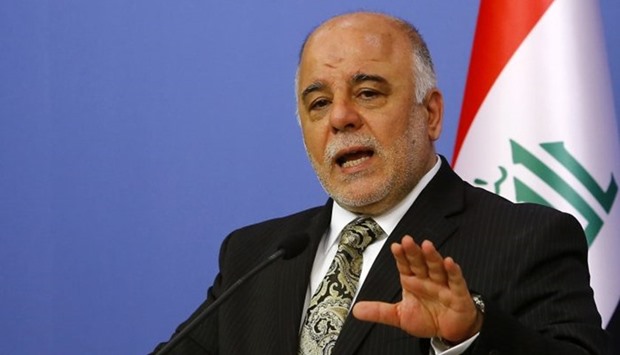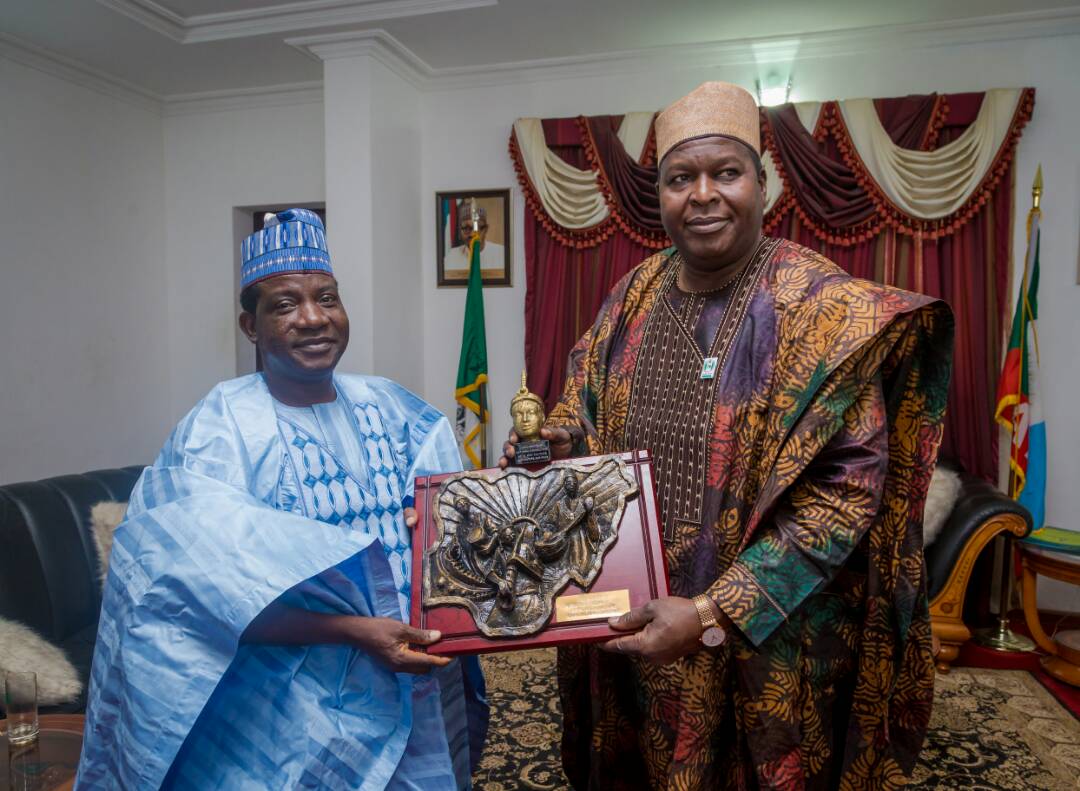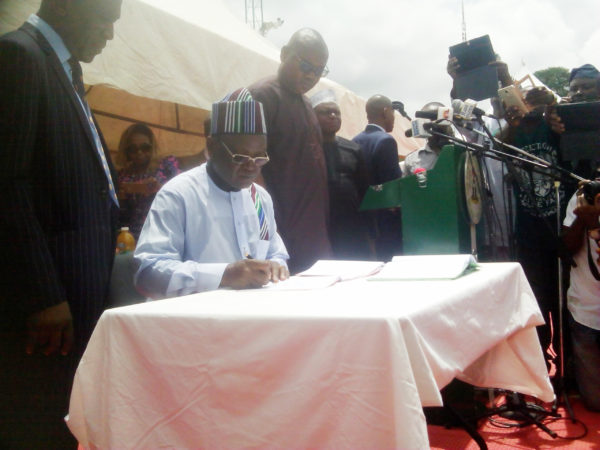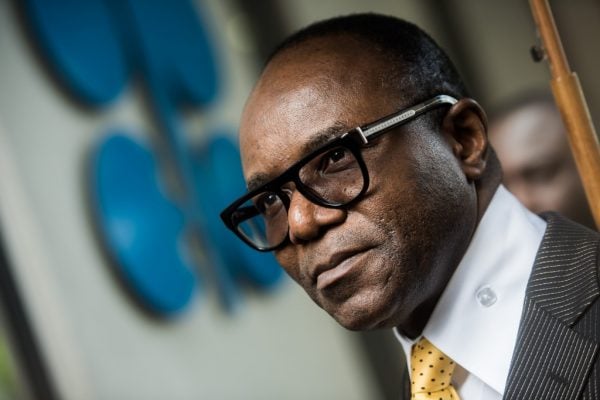Obadiah Mailafia, a former deputy governor of Central Bank of Nigeria (CBN), says the naira — which was accepted in London and Saudi Arabia years ago — is not even accepted in Benin Republic anymore.
In an interview with NAN in Abuja on Monday, Mailafia advised Nigerians against dollarisation of the naira.
Dollarisation is a situation where a country, either officially or unofficially, uses the dollar as its legal tender for conducting transactions, alongside its local currency.
He said that dollarisation or using the dollar alongside the naira as legal tender for commercial transactions was illegal and unlawful.
Advertisement
“In the 70s, Nigerians were spending naira in London. It was accepted. In fact, our Muslim brothers used to go to Mecca and Medina that time and they could spend and buy goods with naira,” he said
“The situation has changed that even in Benin Republic, they don’t accept naira. If use other countries’ currencies, it means we don’t value our currency and the value will down.
“I want a situation where we restore the honour and dignity of the naira as our proud tender currency and as a symbol of the honour of our country.”
Advertisement
Mailafia expressed dissatisfaction over the manner some government agencies quote projects in dollars, saying “it is illegal to do so’’.
“Any country that dollarises its economy becomes banana republic of no value or dignity. We need to build a great economy for a country that has honour and dignity in the comity of nations.
“We should also strengthen the naira, give it value; the monetary authority should give it respect to gain the trust of the people of this country.”
He advised the Federal Government to review the country’s constitution to state clearly the functions of the executive and legislature in the budgeting process.
Advertisement
“We have serious problem with the budget because the constitutional framework for the budget has been quite defective.
“The Constitution of 1999 gives almost unlimited powers to the National Assembly to design and rewrite entirely the budget. That is why we have the problem of budget padding that has bedevil the budgetary process,” he added.
He said that the duty of the National Assembly was not to rewrite the budget but to assent or appropriate it like all civilised democracies.
“They can also reduce but in a situation where the National Assembly increases the budget, this it should be looked into. We need to review the constitution to be very clear with regard to what needs to be done in the budgetary process.’’
Advertisement
The expert cited the example of France, saying that the country’s constitution stated that by December 31, if the government had not agreed on the budget, that budget stood dissolved.
“I respect the National Assembly, some of them have done good jobs; they should respect the spirit of the constitution and the spirit of democracy,’’ he said.
Advertisement
Mailafia said that the delay in the passage of the budget had hindered smooth implementation of the projects that would have eased the sufferings of Nigerians.
“The budgeting system is one of those things that have perplexed me considerably because for many years now, we have not gotten it right.
Advertisement
“We have never succeeded in starting the budget in January of the year in which the budget is committed; this goes back to the military era.
“The budget is very important for a country; people don’t realise that; it is not just the quantum of resources we are talking about but the way it is packaged.
Advertisement
“The way you package it serves to give confidence to investors because they don’t want to bring their money and put it in what they are not sure will yield profit.”
Add a comment






